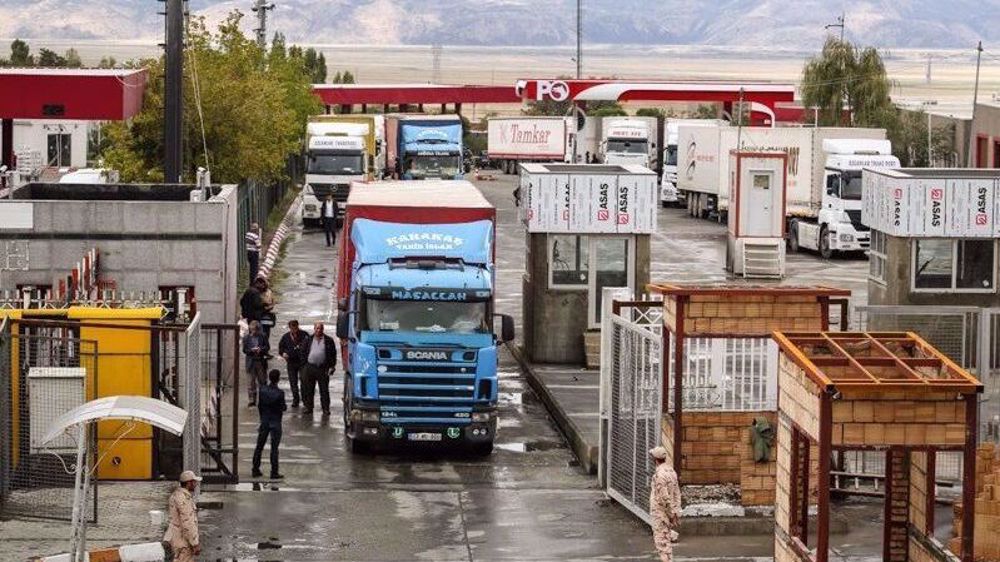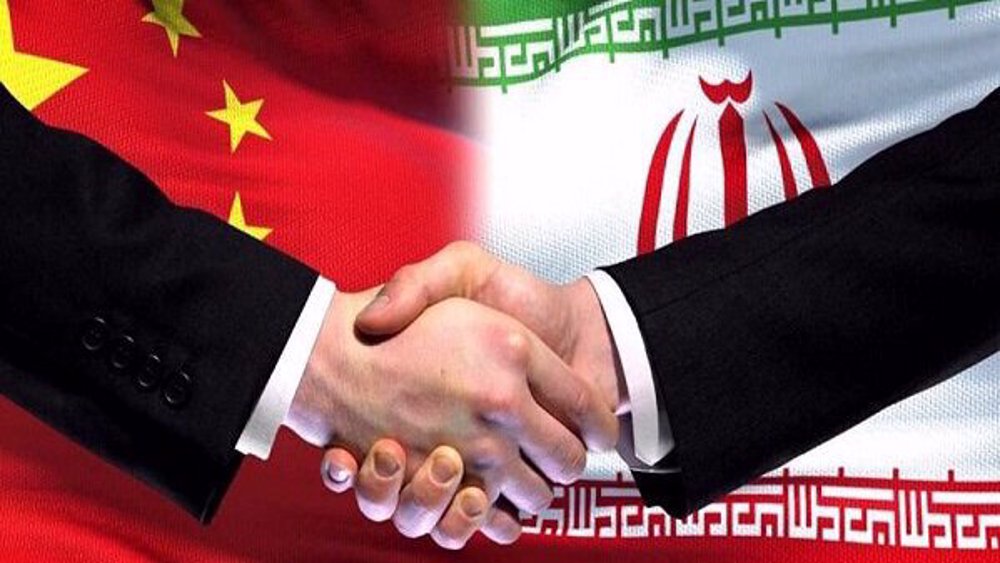Iran in reverse brain drain as top students come home in rising numbers
A senior Iranian official says the government has managed to reverse a trend of brain drain that has harmed the country’s aspirations for scientific and economic development.
Sorena Sattari, Iranian deputy president for science and technology, said on Monday that students from top universities around the world were returning home in quite unprecedented numbers, adding that a total of 130 students graduated from 100 top-ranked universities of the world had returned to Iran between late March and late July.
Sattari told the ISNA agency that figures related to reverse brain drain in the four-month period, when number of arrivals are normally poor, showed a significant increase compared to the previous years, adding that such arrivals would exceed 1,000 until March 2020.
“We are trying to personally find these individuals and prepare the ground for their return,” said Sattari, adding that Iran’s policy over the past years has been to appoint those graduates to key posts in the economy and industry sector.
The official claimed that Iranian students were no longer enthusiastic about gaining admission to Western universities mainly due to the expansion that has taken place in Iran’s higher education system.
The comments come against the backdrop of reports suggesting that Iranian students are facing increasing problems in countries like the United States mainly as a result of sanctions that came last year after Washington withdrew from an international deal on Iran’s nuclear program.
A report by the Reuters agency last year showed that the number of visas granted to Iranian students by the US government had dropped by 23 percent until November when the sanctions on Iran were going to be implemented.
Sattari said the number of admissions for Iranian students in the US had decreased significantly last year, adding that a total of 1,400 people had been granted F1 student visas and another 450 people received J1 visas, which is normally given to research scholars and professors.
VIDEO | UK govt. Rwanda bill denounced as 'state-sponsored people trafficking'
VIDEO | Iran president visits Lahore, Pakistan’s cultural hub
North Korea: US military drills drive regional security into turmoil
UN agency chief for Palestinians urges probe into staff killings
200 days of Israeli war on Gaza and 200 headlines whitewashing genocide
VIDEO | 200 days of US-Israeli genocide
Iran’s security chief in Russia to underline Israel’s aggression
VIDEO | Smoke rises from Gaza as fighting continues











 This makes it easy to access the Press TV website
This makes it easy to access the Press TV website